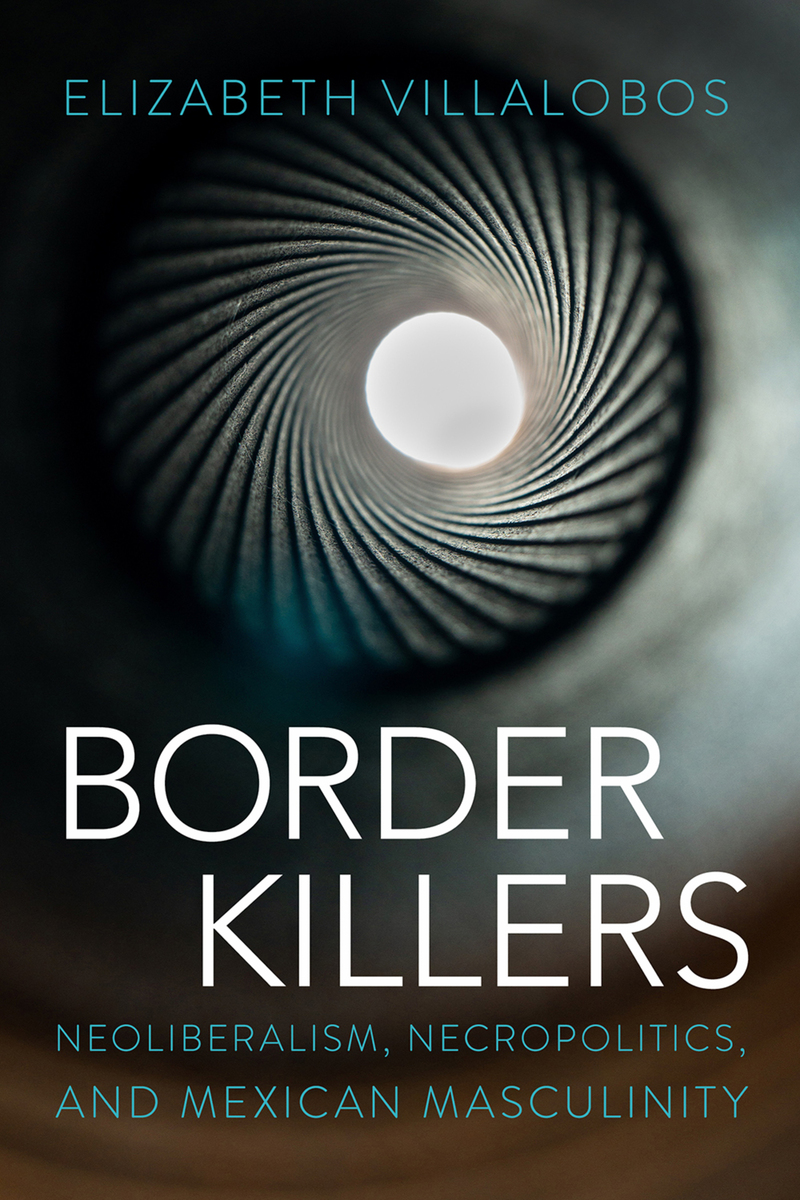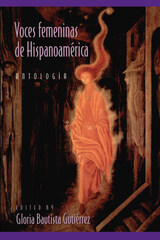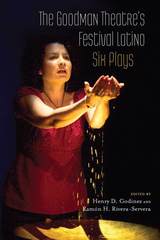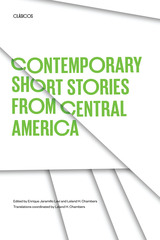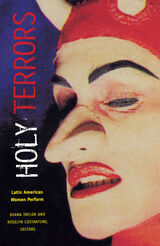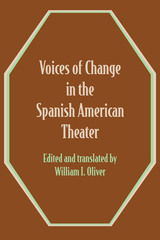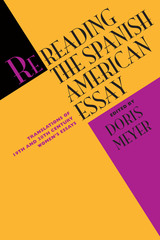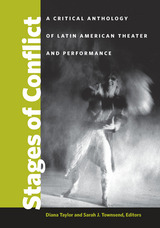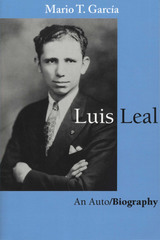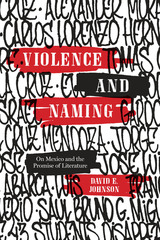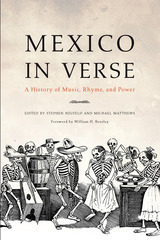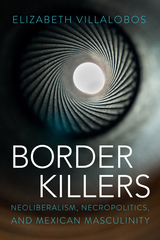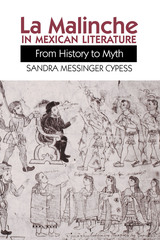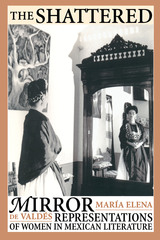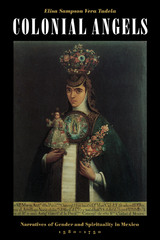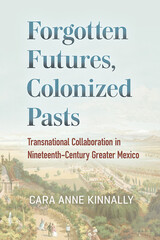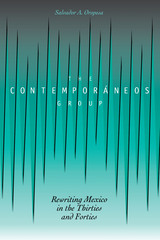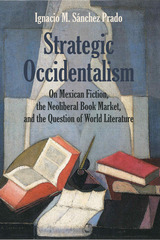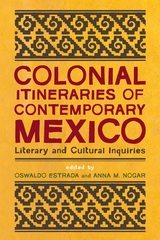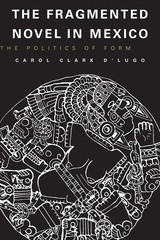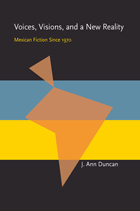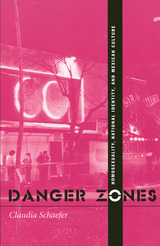Border Killers: Neoliberalism, Necropolitics, and Mexican Masculinity
University of Arizona Press, 2024
Cloth: 978-0-8165-5306-8 | eISBN: 978-0-8165-5307-5
Library of Congress Classification PQ7122.V56V55 2024
Dewey Decimal Classification 860.933552
Cloth: 978-0-8165-5306-8 | eISBN: 978-0-8165-5307-5
Library of Congress Classification PQ7122.V56V55 2024
Dewey Decimal Classification 860.933552
ABOUT THIS BOOK | AUTHOR BIOGRAPHY | REVIEWS | TOC
ABOUT THIS BOOK
Border Killers delves into how recent Mexican creators have reported, analyzed, distended, and refracted the increasingly violent world of neoliberal Mexico, especially its versions of masculinity. By looking to the insights of artists, writers, and filmmakers, Elizabeth Villalobos offers a path for making sense and critiquing very real border violence in contemporary Mexico.
Villalobos focuses on representations of “border killers” in literature, film, and theater. The author develops a metaphor of “maquilization” to describe the mass-production of masculine violence as a result of neoliberalism. The author demonstrates that the killer is an interchangeable cog in a societal factory of violence whose work is to produce dead bodies. By turning to cultural narratives, Villalobos seeks to counter the sensationalistic and stereotyped media depictions of border residents as criminals. The cultural works she examines instead indict the Mexican state and the global economic system for producing agents of violence.
Focusing on both Mexico’s northern and southern borders, Border Killers uses Achille Mbembe’s concept of necropolitics and various theories of masculinity to argue that contemporary Mexico is home to a form of necropolitical masculinity that has flourished in the neoliberal era and made the exercise of death both profitable and necessary for the functioning of Mexico’s state-cartel-corporate governance matrix.
Villalobos focuses on representations of “border killers” in literature, film, and theater. The author develops a metaphor of “maquilization” to describe the mass-production of masculine violence as a result of neoliberalism. The author demonstrates that the killer is an interchangeable cog in a societal factory of violence whose work is to produce dead bodies. By turning to cultural narratives, Villalobos seeks to counter the sensationalistic and stereotyped media depictions of border residents as criminals. The cultural works she examines instead indict the Mexican state and the global economic system for producing agents of violence.
Focusing on both Mexico’s northern and southern borders, Border Killers uses Achille Mbembe’s concept of necropolitics and various theories of masculinity to argue that contemporary Mexico is home to a form of necropolitical masculinity that has flourished in the neoliberal era and made the exercise of death both profitable and necessary for the functioning of Mexico’s state-cartel-corporate governance matrix.
See other books on: Masculinity in literature | Mexican literature | Murder in literature | Neoliberalism | Violence in literature
See other titles from University of Arizona Press
